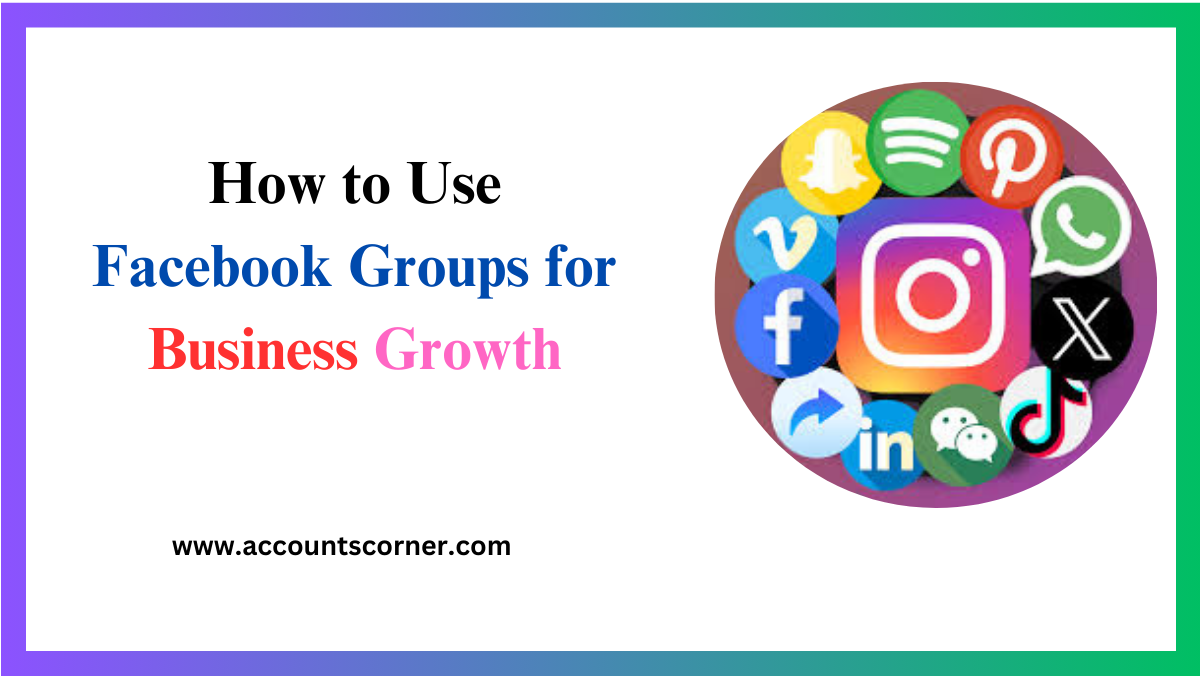Products
-
 Buy Flicker New Accounts
Rated 5.00 out of 5$0.50
Buy Flicker New Accounts
Rated 5.00 out of 5$0.50 -
 Buy Discord New accounts With Gmail
Rated 5.00 out of 5$1.00
Buy Discord New accounts With Gmail
Rated 5.00 out of 5$1.00 -
 Buy Reddit New Accounts With Gmail Cheap
Rated 5.00 out of 5$1.00
Buy Reddit New Accounts With Gmail Cheap
Rated 5.00 out of 5$1.00 -
 Buy Quora New accounts With Gmail
Rated 5.00 out of 5$1.00
Buy Quora New accounts With Gmail
Rated 5.00 out of 5$1.00 -
 Buy AOL AGED Accounts | Cheap AOL acs 2026
Rated 5.00 out of 5$1.00
Buy AOL AGED Accounts | Cheap AOL acs 2026
Rated 5.00 out of 5$1.00 -
 Buy Outlook New Accounts
Rated 5.00 out of 5$1.00
Buy Outlook New Accounts
Rated 5.00 out of 5$1.00 -
 Buy Hotmail Aged Accounts
Rated 5.00 out of 5$1.00
Buy Hotmail Aged Accounts
Rated 5.00 out of 5$1.00 -
 Buy Youtube Accounts With Channel and Video | Best PVA 2026
Rated 5.00 out of 5$2.00
Buy Youtube Accounts With Channel and Video | Best PVA 2026
Rated 5.00 out of 5$2.00 -
 Buy Youtube Accounts With Channel | Cheap PVA Acs
Rated 5.00 out of 5$1.00
Buy Youtube Accounts With Channel | Cheap PVA Acs
Rated 5.00 out of 5$1.00 -
 Buy Twitter Aged Accounts (2010 - 2021) | Buy X accounts
Rated 5.00 out of 5$1.50
Buy Twitter Aged Accounts (2010 - 2021) | Buy X accounts
Rated 5.00 out of 5$1.50
How to Use Facebook Groups for Business Growth
Posted by:
preethi

Table of Contents
ToggleIntroduction to Facebook Groups
In the fast-paced world of social media, Facebook Groups have emerged as a powerful tool for business growth. Unlike traditional advertising methods, Facebook Groups offer a unique space where businesses can build communities, foster engagement, and drive customer loyalty. If you’re an entrepreneur looking to harness the potential of social media, understanding how to effectively use Facebook Groups can make all the difference.
In this blog post, we’ll explore the many benefits of using Facebook Groups for engagement, provide strategies for creating and managing your group, and offer practical tips for moderation. Whether you’re new to the concept or looking to refine your approach, this guide will equip you with the knowledge and tools you need to succeed.
Benefits of Using Groups for Engagement
- Foster a Sense of Community
One of the primary benefits of Facebook Groups is the ability to create a sense of community among your customers. Unlike a standard Facebook page, a group allows for more interactive and personalized engagement. Members can share their experiences, ask questions, and provide feedback, creating a vibrant and supportive environment. This sense of community not only enhances customer loyalty but also encourages word-of-mouth marketing.
- Increase Customer Engagement
Facebook Groups are an excellent platform for increasing customer engagement. By providing valuable content, initiating discussions, and responding to member queries, businesses can create a dynamic and interactive space. This engagement can lead to higher brand visibility and improved customer satisfaction. It’s also an opportunity to gather insights into customer preferences and needs, which can inform your business strategies.
- Drive Organic Reach
With Facebook’s changing algorithms, organic reach on business pages has become increasingly challenging. However, Facebook Groups often enjoy higher organic reach due to their interactive nature. When members actively participate in group discussions, your posts are more likely to appear in their newsfeed. This increased visibility can lead to higher engagement and ultimately, business growth.
Strategies for Creating a Group
- Define Your Purpose and Goals
Before creating a Facebook Group, it’s essential to define its purpose and goals. Are you looking to provide customer support, share industry knowledge, or promote your products and services? Having a clear purpose will guide your content strategy and help attract the right members. Additionally, setting specific goals, such as increasing engagement or driving sales, will allow you to measure the group’s success.
- Choose the Right Group Type
Facebook offers three types of groups—public, closed, and secret. Each type has its advantages, so it’s important to choose the one that aligns with your goals. Public groups are visible to everyone and can attract a larger audience. Closed groups require admin approval for membership, creating a more exclusive and controlled environment. Secret groups offer maximum privacy and are ideal for internal teams or VIP customers.
- Create Engaging Content
The success of your Facebook Groups largely depends on the quality of content you provide. Create a content calendar to ensure a consistent posting schedule and include a mix of informative, entertaining, and promotional posts. Utilize multimedia, such as videos and images, to make your content more engaging. Encourage member participation by asking questions, hosting polls, and organizing contests.

Moderation and Management Tips
- Establish Group Rules
Setting clear group rules is crucial for maintaining a positive and productive environment. Outline acceptable behavior, posting guidelines, and consequences for rule violations. Pin these rules to the top of your group page so that all members can easily access them. Having well-defined rules helps prevent conflicts and ensures that the group remains focused on its purpose.
- Appoint Moderators
Managing a Facebook Group can be time-consuming, especially as it grows. Appointing moderators can help share the workload and ensure that the group runs smoothly. Choose moderators who are knowledgeable about the group’s topic and committed to maintaining its standards. Provide them with clear guidelines and responsibilities to ensure consistency in moderation.
- Monitor and Respond to Member Activity
Active moderation involves monitoring member activity and responding promptly to queries and concerns. Be proactive in addressing issues and removing spam or inappropriate content. Engage with members by liking and commenting on their posts, and acknowledge their contributions. This level of interaction not only keeps the group active but also demonstrates your commitment to the community.
Conclusion
Facebook Groups offer a unique and powerful way to grow your business by fostering engagement, creating a sense of community, and driving organic reach. By defining your group’s purpose, choosing the right type, and creating engaging content, you can build a thriving online community. Effective moderation and management are key to maintaining a positive environment and ensuring the group’s success.
Whether you’re looking to buy social media accounts or purchase social media accounts to boost your initial audience, remember that the real value lies in building genuine connections with your members. Start your Facebook Group today and watch your business grow through the power of community.
For further resources on leveraging social media for business growth, feel free to explore our other articles or get in touch with our experts who are always ready to help you achieve your goals.















